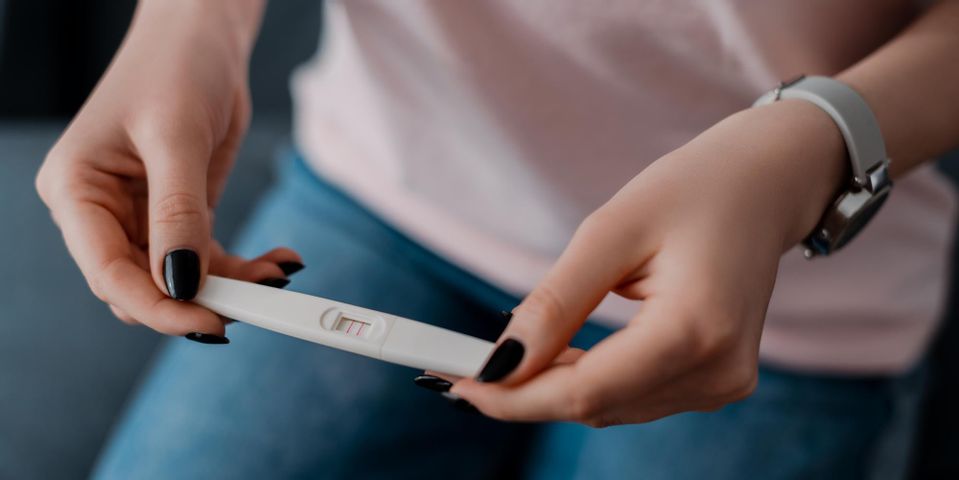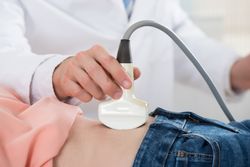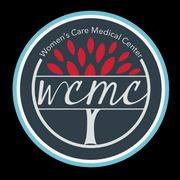
In women’s healthcare, pregnancy testing and support are standard offerings, but a test that shows up positive doesn’t always mean what you think. Ectopic pregnancies occur in roughly 1 in 50 pregnancies. If you’re sexually active, it may be beneficial to learn about what they are, the symptoms, and how they’re diagnosed and treated. The following guide covers ectopic pregnancy testing, symptoms, and treatment.
What Is It & What Are the Signs?
An ectopic pregnancy occurs when a fertilized egg implants outside of the uterus, usually in a fallopian tube; however, it can occasionally attach to an ovary, the cervix, or the abdomen. Ectopic pregnancies are thought to occur when the egg isn’t able to travel to the uterus due to damage or scarring to the fallopian tube, so it attaches wherever it can. You may experience typical pregnancy signs, such as positive pregnancy testing, tender breasts, and a missed period. Symptoms that specifically signal an ectopic pregnancy include abdominal pain, irregular vaginal bleeding, lower back pain, and pain or cramping on one side of the pelvis or abdomen. However, some women may not realize it’s an ectopic pregnancy until they seek medical pregnancy support and confirmation.
How Is It Diagnosed & Treated?
 If an ectopic pregnancy is suspected, your physician may do a pelvic exam, ultrasound, or bloodwork to confirm the pregnancy location. If an ectopic pregnancy is confirmed, you’ll need ectopic pregnancy help and treatment. The fertilized egg will continue to develop and grow in size, and if it grows large enough, it can cause complications like ruptured fallopian tubes and internal bleeding.
If an ectopic pregnancy is suspected, your physician may do a pelvic exam, ultrasound, or bloodwork to confirm the pregnancy location. If an ectopic pregnancy is confirmed, you’ll need ectopic pregnancy help and treatment. The fertilized egg will continue to develop and grow in size, and if it grows large enough, it can cause complications like ruptured fallopian tubes and internal bleeding.
Treatment can include methotrexate, an injection that stops the growth, so it’s absorbed by your body. If development is further along, surgery may be required to remove the fertilized egg or the tube itself, usually through a laparoscopic surgery with a tiny incision. Whichever treatment is needed, you’ll need a few weeks of follow-up appointments to ensure your hormones return to normal. Your physician may also recommend an ectopic pregnancy help and support group or counselor if you’re experiencing trauma or stress from the experience.
If you think you may be pregnant or having an ectopic pregnancy, the first step is to get thorough and accurate pregnancy testing. Women’s Care Medical Center in Robertsdale, AL, has provided cost-free pregnancy support, testing, and counseling to the area for 30 years. They’ll discuss all your options without judgment and can make medical referrals if recommended. Learn more about their services online, or call (251) 947-2111 to schedule a confidential appointment.
About the Business
Have a question? Ask the experts!
Send your question

